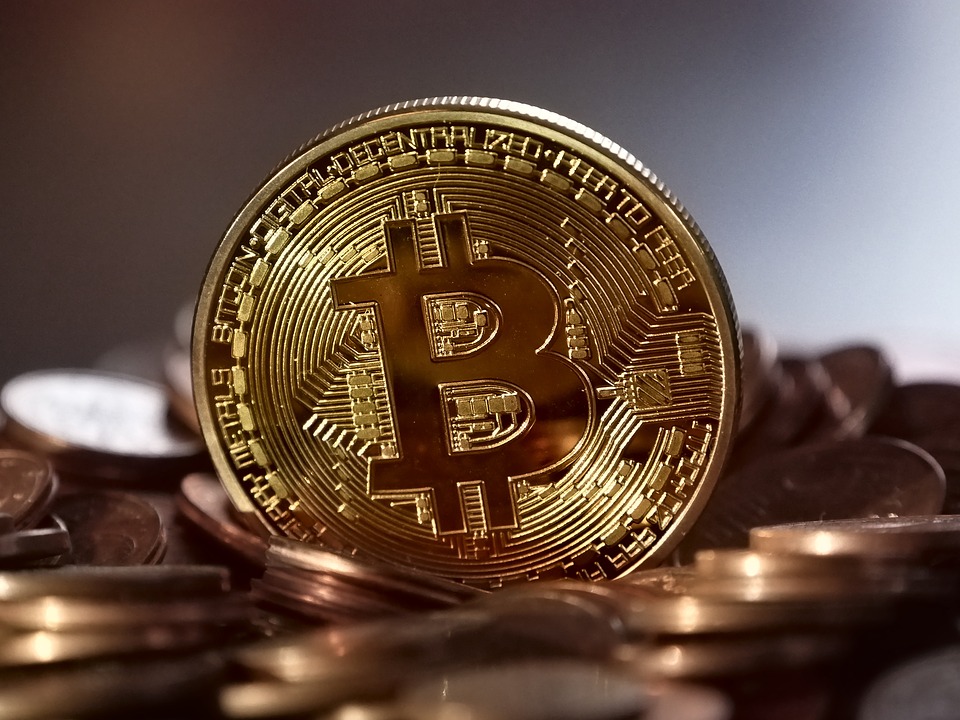
El Salvador adopts Bitcoin as legal tender; buys $21 M of the crypto
El Salvador's move expected to lower commission costs of remittances from abroad, but feared to fuel money laundering

El Salvador on Tuesday became the first country to adopt the Bitcoin, a cryptocurrency, as legal tender. A Reuters report said real-world experiment proponents expect the move to lower commission costs for billions of dollars sent from abroad. However, it is also feared that it may fuel money laundering, the report added.
A day ahead of adopting Bitcoin as legal tender, El Salvador bought roughly $20.9 million worth of the cryptocurrency. President Nayib Bukele tweeted on Monday that his nation had purchased 400 Bitcoins as the first step in a plan to add the cyrpto to its reserves.
Based on the price of Bitcoin at the time of the tweets — which were not posted all at once — the total purchase amount added up to about $20.9 million, said a CNBC report.
“Our brokers will be buying a lot more as the deadline approaches,” he tweeted.
Also read: Bitcoin likely to ride bull rally to cross $100,000 mark by end of 2021
His Twitter posts boosted the cyrpto’s price in the market, and it was trading at $52,681.85 at 12:16 a.m. ET Tuesday, said CNBC.
What it means for Salvadorans
Under El Salvador’s new law — which was passed in June and took effect on Tuesday, September 7 — businesses should accept Bitcoin payments apart from the US dollar. Since 2001, the US dollar has been the official currency of the Central American nation, and will continue to remain legal tender.
All prices will be displayed in Bitcoin. The crypto can be used to pay taxes, and exchanges in Bitcoin will not attract capital gains tax, said CNBC.
Bukele has been reported as saying that adopting Bitcoin as legal tender will help Salvadorans save about $400 million. That’s the amount the government is estimated to spend each year on commissions for remittances, said the Reuters report. Remittances — the money sent home by migrants — account for over 24% of El Salvador’s GDP, according to the World Bank.
The move is also seen to give access to financial services to the unbanked.
Citizen wary
While the world is watching to see how the move will pan out, most Salvadorans are reported to be unhappy with it. The CNBC report said about 70% of Salvadorans surveyed by the Central American University disagreed with the government’s decision. Plus, there’s uncertainty on how a digital currency is to be used.
To drive adoption, El Salvador has launched a wallet app called Chivo. Citizens can sign up for it with a national ID and receive $30 worth of Bitcoin as an incentive. CNBC said the government also plans to create a $150 million fund to help facilitate conversions from Bitcoin to US dollars. It has also installed ATMs where citizens can convert Bitcoins into US dollars, said Reuters.
“Like all innovations, El Salvador’s Bitcoin process has a learning curve,” Bukele said on Twitter. “Not everything will be achieved in a day, or in a month.”


